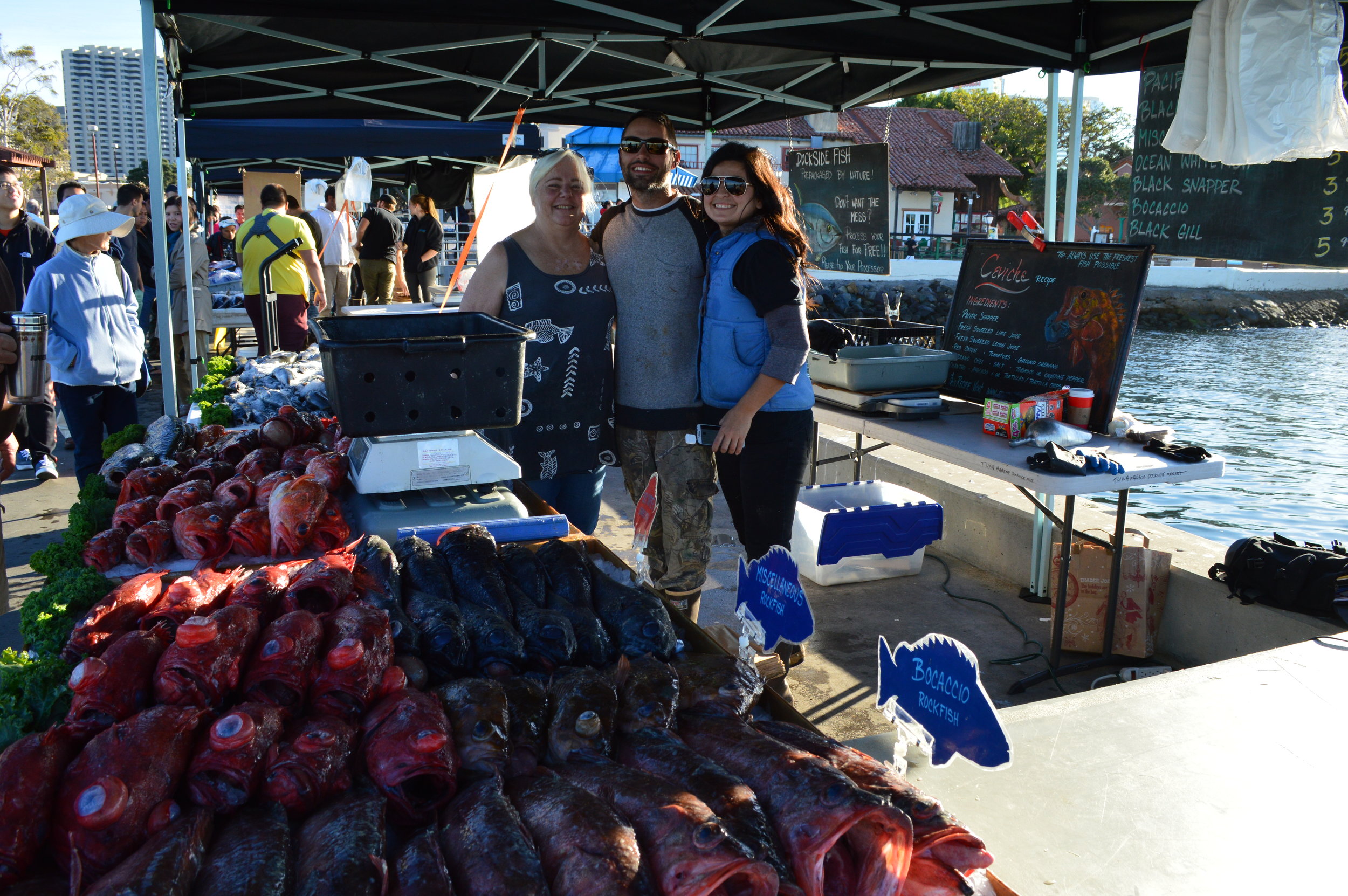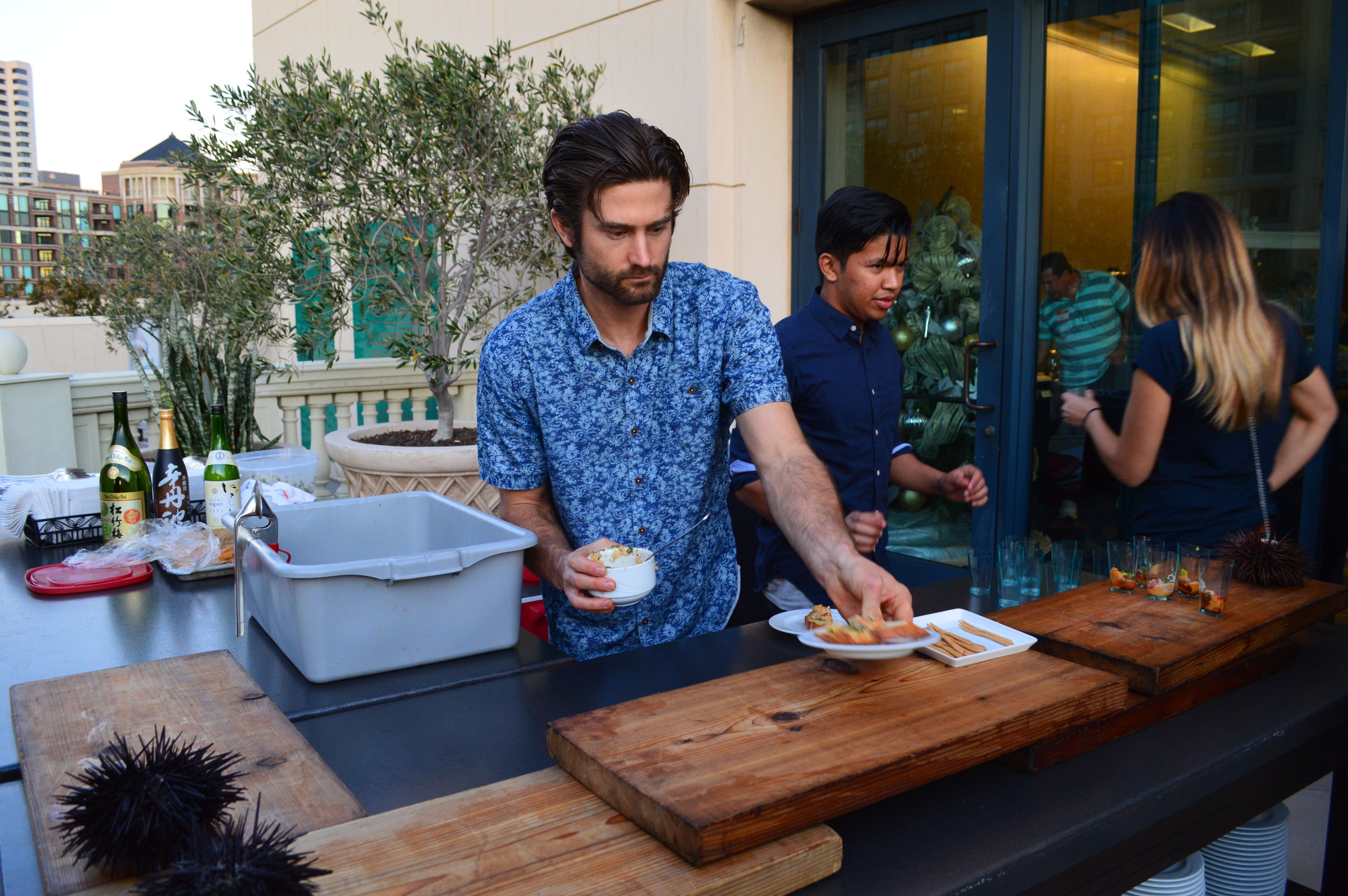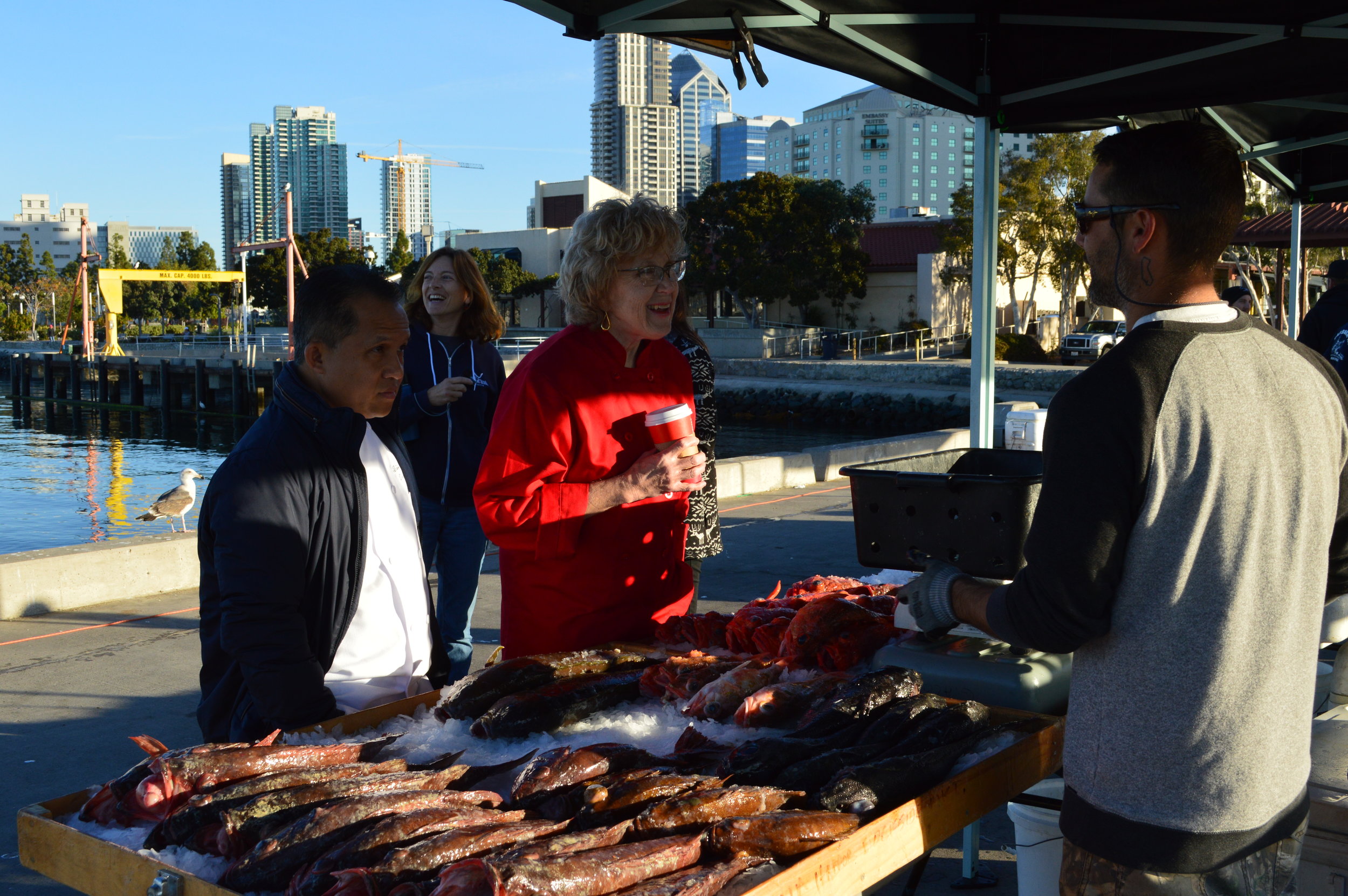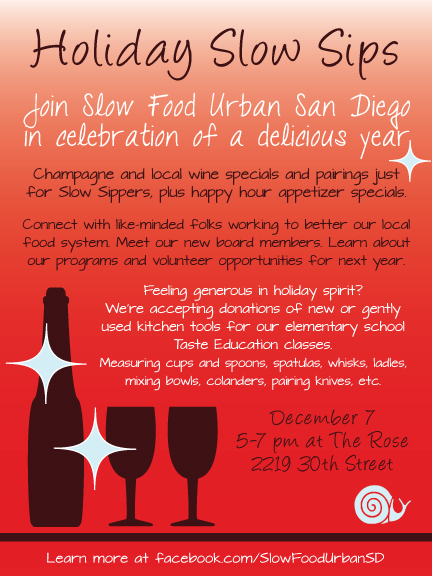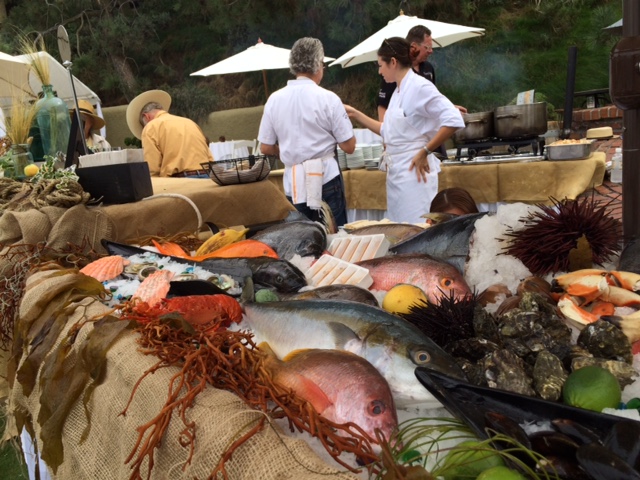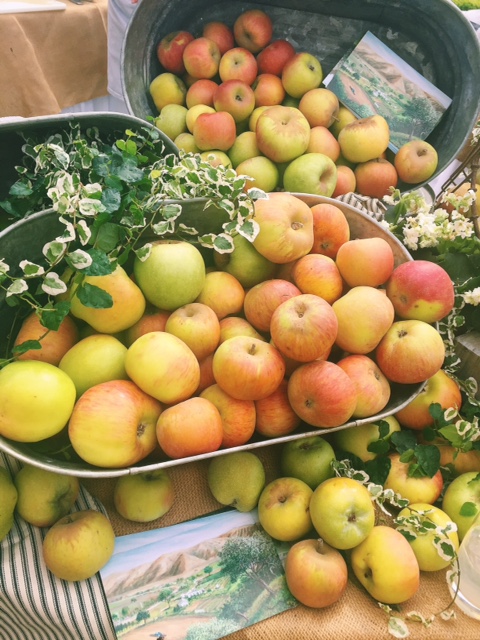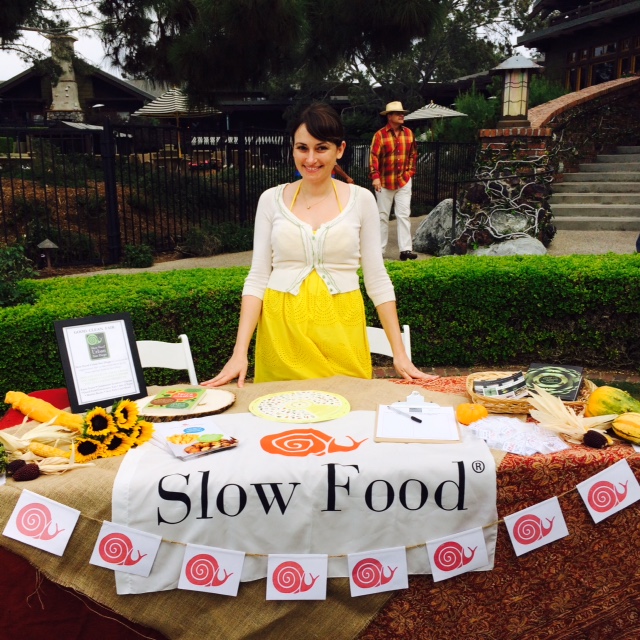By Nick Mendoza
You’ve probably never heard of the annual FisherPoets Gathering, but this unique event, with community at its heart, has been growing in size and popularity since its founding 20 years ago. Indeed, one might raise an eyebrow at the idea of fishermen and fisherwomen from across the country ascending a stage to perform prose, music, and storytelling for three days, but sink into the essence and quality of what takes place at FisherPoets and you’ll quickly be reminded of something. Fishing, like storytelling, is as old as mankind. Subsequently, this community is very talented at both.
““Fishing, like storytelling, is as old as mankind.””
Held each February in Astoria, Oregon, where the mighty Columbia River meets the even mightier Pacific Ocean, FisherPoets delivers exactly what the name promises—and so much more. Astoria is a picturesque coastal community with a legendary maritime history. A dozen or so venues around the town host each evening’s readings (a bit like SXSW, but also nothing like SXSW). These venues range from cluttered local bars, where rowdy patrons loudly knock their glasses in approval, to a spacious Cannery Museum, to the grand and regal Liberty Theater. All of them fill to capacity for each evening session. The performers and patrons of FisherPoets are as diverse in character as the venues that host them. On stage and in the crowd are the weathered faces and worn XTRATUF boots of fishers who have seen their fair share of rough seas and Alaskan winters.
You also notice the crowd sporting their smart glasses and Patagonia vests, who made the trip out from Portland or Seattle to soak up the essence of FisherPoets. In this way, I feel the event is the best kind of coming-together of community. For many fishers, coastal-dwellers, and Tall Ship sailors that have attended the gathering for decades, this is a chance to share and reconnect with their people. They discuss last season’s catch and predictions for next year, but they also take this time to organize and stand together against existential threats to their livelihoods and the fish they depend on. This year, for example, many attendees wore “No Pebble Mine!” t-shirts and planned action against a proposed mining operation that would threaten one of the most important remaining salmon runs on earth. For the newcomers, lured in by the charm and mystique of this world, it is an opportunity to know your fishermen, and to better understand the lives of hardworking people who bring food to our table—their joys, their emotions, their trials and tribulations.
““It is an opportunity to know your fishermen, and to better understand the lives of hardworking people who bring food to our table—their joys, their emotions, their trials and tribulations.””
The first poem I experienced at FisherPoets, arriving late Friday night, was read by a 20 year old woman from Bristol Bay, AK, born and raised on a salmon Troller. In beautiful prose, her poem described how her fisher-mother “gave her daughters to the sea.” To this day, the hair on my neck still stands on end when I recall the last line of her poem, which asks the question: “Did my mother really give her daughters to the Sea, or did she give the Sea to us?” Those wouldn’t be the last shivers I’d feel that evening. Shortly after, there was a Coast Guard veteran with a 15 minute, heart pounding account of 7-seconds in his helicopter that were almost his last—a close call during the rescue of a cargo ship in a raging gale.
You could have heard a pin—or a fishing hook—drop in the room of 200 patrons as he described the gyrations of his aircraft as its blades skimmed the surface of Force 5 seas, kissing that line at which ‘all is lost’ before miraculously stabilizing, elevating, and ascending to safety. The only thing I could hear was my own elevated heart rate, drumming behind my ears. My emotions would continue to be piqued in three dozen readings and performances I attended over the weekend.
When I take a broader lens in considering why a gathering like FisherPoets is so special and so important, it brings me to a realization. These spaces, where people can come together to share openly, listen patiently, let go cathartically, and empathize thoughtfully, are increasingly rare. It breaks stereotypes, opens hearts, and all at once serves as the cement of a broad fishing community, a foundation for its persistence, and a friendly window in from the outside. There is a lesson for all of us at FisherPoets.







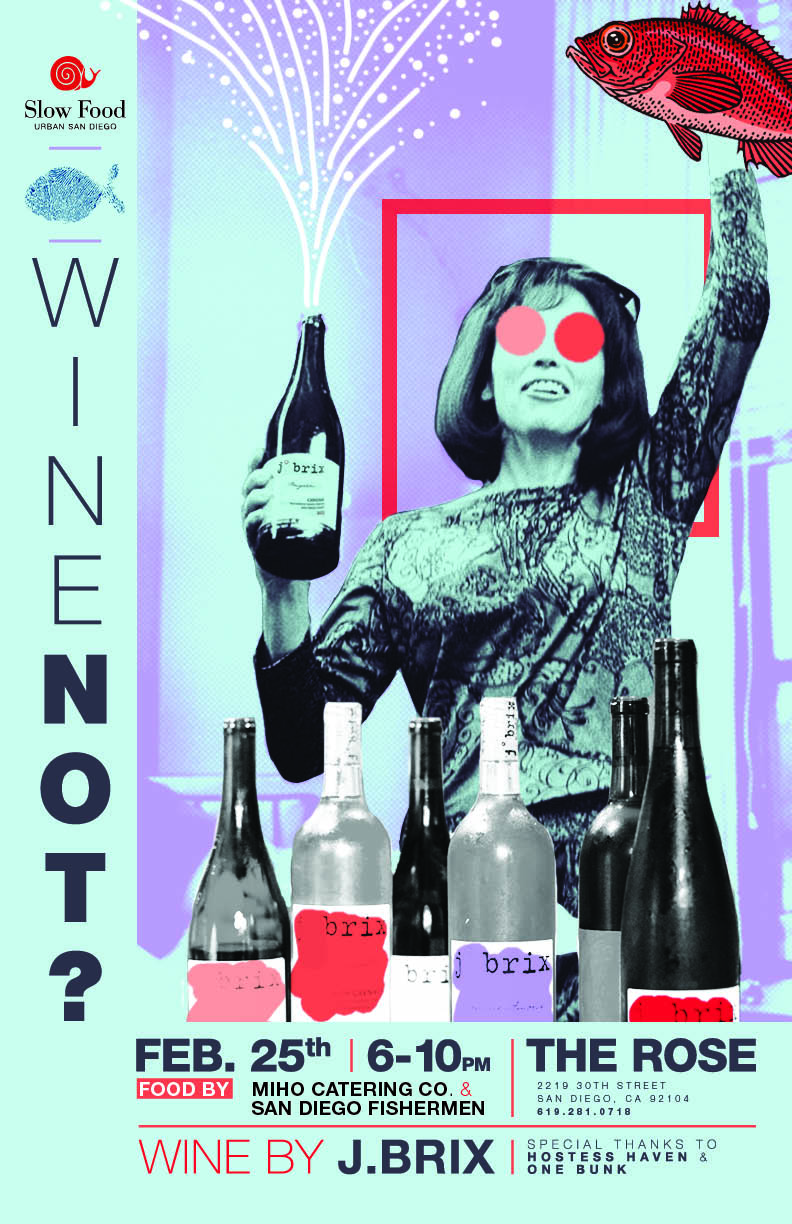





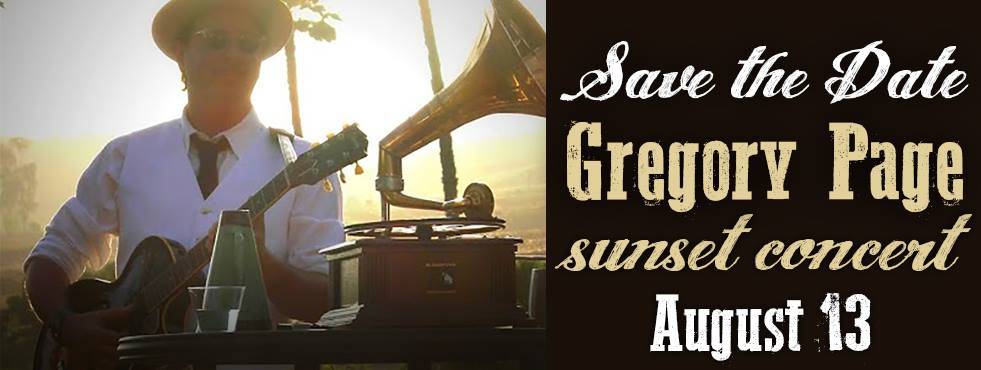 Ready for some summertime fun? Spend a carefree evening at
Ready for some summertime fun? Spend a carefree evening at 








